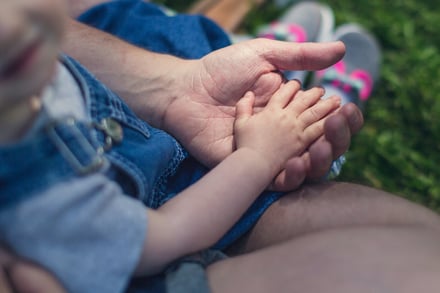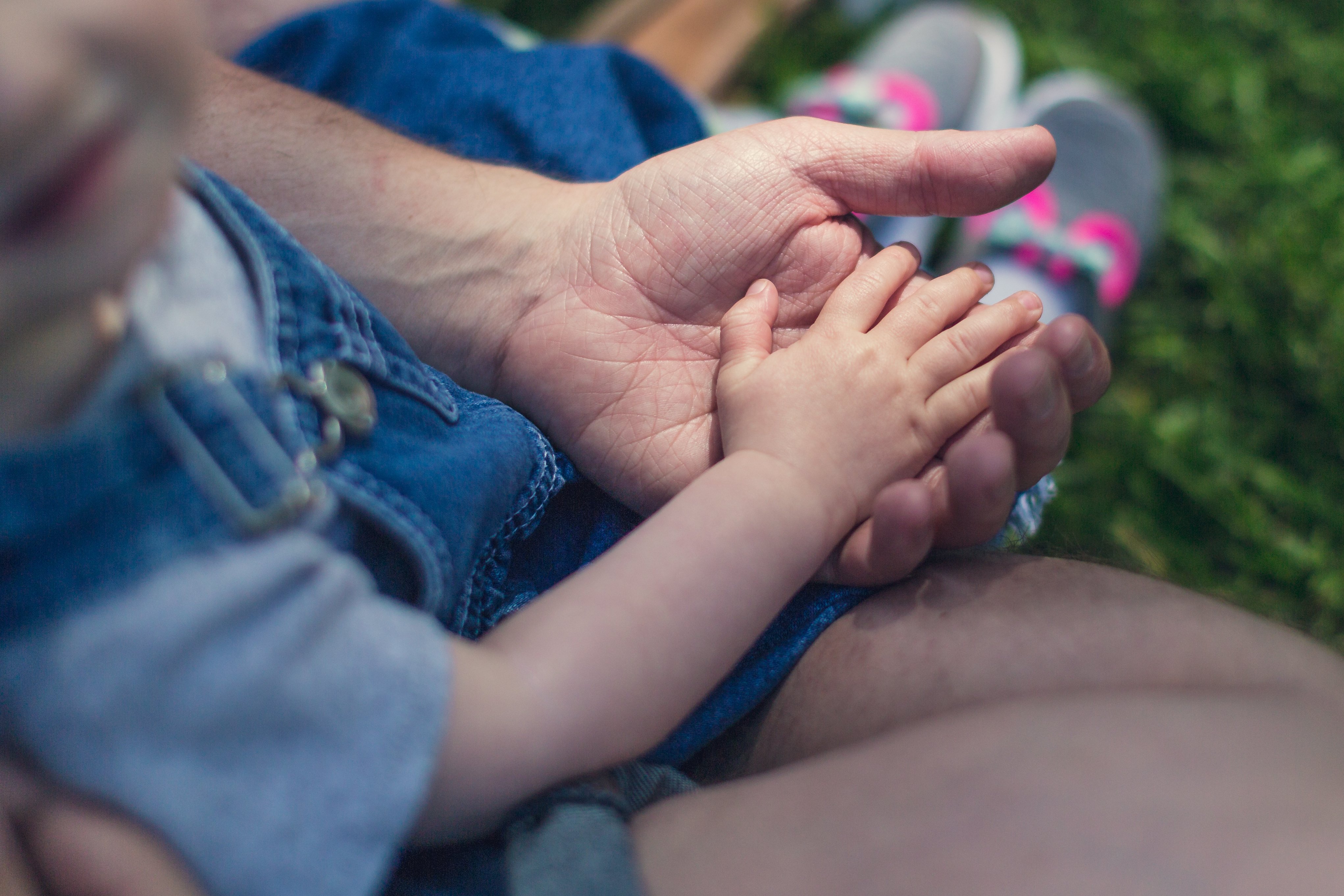You want your child to feel good, year-round, including during the cold and flu season. It isn’t possible for your child to never get sick, but you can reduce the chances of your child catching a cold or flu this winter by stopping the spread of germs. Here are some tips for how to stop the spread of germs this cold and flu season.
never get sick, but you can reduce the chances of your child catching a cold or flu this winter by stopping the spread of germs. Here are some tips for how to stop the spread of germs this cold and flu season.
Handwashing Tips
Akron Children's Hospital shares that the foundation steps are still crucial: your child should wash his or her hands often, using warm soap and water, scrubbing for 20 to 30 seconds.
Don't forget to scrub the entire hand, including beneath fingernails. Try these fun and practical ways to time hand washing: tell your child to sing through the Happy Birthday song twice before rinsing off the soap and drying both hands. Teach your children to wash their hands before eating, after using the bathroom, after coming inside from playing outdoors and after using a tissue. Here’s another time when it makes sense to wash: any time hands look visibly dirty. If soap and water aren’t available, that’s when hand sanitizer comes in handy.
More Tips for Staying Healthy
If your child needs to cough or sneeze, teach him or her to do so into a tissue or in the crook of the elbow. Because viruses and bacteria can last for several days on certain surfaces, your family should wash down phones, doorknobs, remotes and the like with “Lysol-type wipes.” Check with your cell phone manufacturer to make sure you are using a cleaning product that won’t damage the phone.
Getting enough rest is important, too, to fight against germs: 10 to 11 hours per night for children aged five to ten, and more for those under the age of five. Rest helps to boost the immune system, which will be helpful when your child catches a cold or flu. If your child catches a cold but still wants to be active, have him or her take rest breaks.
When your child has a cold, you will need to explain why he or she shouldn’t go to a birthday party or other sort of playdate. You can explain that cold germs can spread and so it’s important to be the “good citizen” who tries to prevent that from happening.
When your child is sick, make the kitchen off limits. This is one of the germiest rooms in the house and your child's germs could easily infect your food, and then the whole family could catch the illness. Clean your kitchen sink twice a week with bleach and water, because 500,000 germs probably lurk there – every square inch. Wash clothing in hot water when someone in your home is sick and also use chlorine bleach. You can find more laundry tips in the article, including how to keep dark clothes from fading when you’re using the hot water/chlorine bleach combo.
Finally, the Chicago Tribune published a detailed article sharing when you should keep your child home from school because of illness. This article was written by a pediatrician. One piece of advice: if your child is uncomfortable enough or sleepy enough that he or she wouldn’t benefit from learning at school, it’s better to declare this a sick day. Also consider whether your child is sick enough that his or her care would be challenging for a teacher or day care worker to take on. If another child caught what your child has, how big of a deal would that be? “Sharing pinkeye or lice,” the article reads, “is a lot different from sharing measles or bacterial meningitis. Strict guidelines based on when the disease is contagious have been established for many of the more serious illnesses; in other cases, use your judgment or ask your pediatrician.”
You can read the entire article for more guidance about when it’s smart to keep your child home from school or day care.




